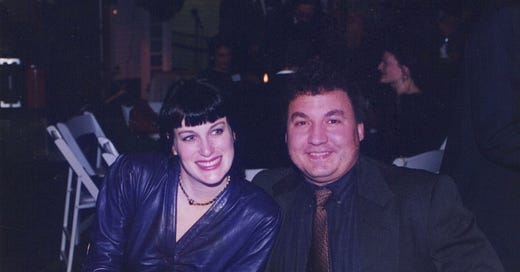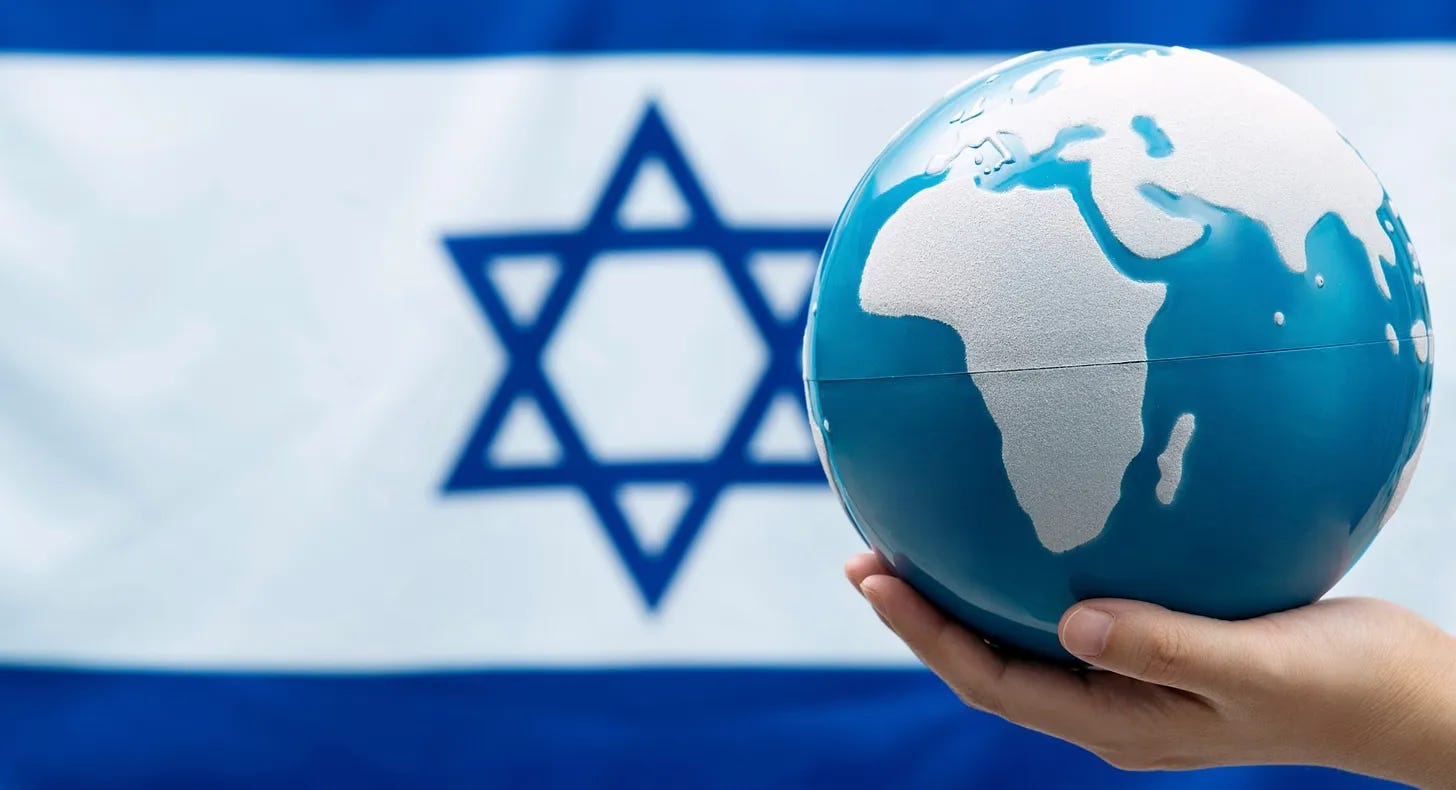How Writing Saved My Life
"Recovering from loss was like earning a second graduate degree in reinvention. When we tell our stories, we find ourselves."
By Debbie Weiss
In October 2013 when I was at my most lost, I turned to memoir-writing. My husband George had died six months earlier, and after spending 32 years together, I had no idea who I was without him. So despite my rattled widow-brain, I returned to the weekly writing class I’d been taking at the local adult education center before he got sick.
A few weeks in, the most serious author in the class, a retired criminal attorney who’d written several books, invited me to join his writing group: five classmates who met on Friday mornings to get each other’s feedback on their writing.
I had been isolated since George died. We were a bit of an antisocial couple who kept to ourselves. This felt like a rather foolish choice in retrospect, and the author’s invitation was a true gift to a lonely widow seeking community.
That first Friday morning, the retired therapist who hosted the group in her cheery apartment gave me a cup of mint tea, led me to a rose-patterned chintz armchair, and said, “This will be your place from now on.” For the first time since my loss, I felt at home.
Over time, my writing evolved from one-dimensional lamentations of grief to something more nuanced as my brain reconstituted. I stopped writing like the lawyer I used to be, hedging every statement against inaccuracy. Slowly, I relaxed into both the art of creating nonfiction and the realization that I actually loved being around people.
Those mornings led to getting my essays published, and later earning a Master of Fine Arts in Creative Writing at age 56 – and all of that led to having my first book, a memoir, published in 2022. As I emerged from my grief, writing helped me to make sense of the world, or, when it didn’t, to share the surrealism that came with being a midlife widow (Example: when I started dating again, I was dumbfounded by how many schmucks I kept meeting!).
Most importantly, it allowed me to find my voice and reframe my narrative as a new character who could choose her own plot – as opposed to a sad widow leading a leftover life without her bashert. A driven software developer with a generous but stubborn soul, George had made almost all the decisions that defined our lives. Recovering from loss was like earning a second graduate degree in reinvention. When we tell our stories, we find ourselves.
As the years passed, the dark times receded as I moved from drinking bourbon alone on my living room floor to joining early morning hiking groups, going back to school and even finding a second love (easily my most difficult project). These days, in a modest offering of tikkun olam, I teach memoir writing classes as a volunteer.
When I moved a few years ago, teaching writing offered me a way into my new community. I’ve taught a six-week memoir class through a couple of local organizations as well as an abbreviated version – combined with yoga – where we stretch into new ideas and seek authenticity through both movement and self-expression. This is a vast improvement over my prior work as an insurance lawyer transferring money between warring corporations while trying to rack up as many billable hours as possible.
I love how memoir-writing is a vehicle for self-knowledge, letting us come to terms with the events of our pasts and figuring out what we want in the future. Some memoir students are family historians, writing about their ancestors for future generations. And some students just want to share their stories with a few like-minded people, developing a writing practice while finding friends.
The most meaningful thing about the last class I taught was that everybody shared their writing, even the ones who had been reticent at the start. Some months later, they threw a holiday party to stay in touch. Our next gathering is set for June. These students have warmed my heart, which is a priceless balm these days.
Our stories are shaped by the times we live in…and this is such a bleak time. The divisiveness and antisemitism we’ve been witnessing is staggering, both in scope and intensity. Almost everything I do feels colored by what’s been happening in the world.
Like many, I’ve been overwhelmed by feelings of hopelessness, wondering what in fact is human nature, scrolling through the news on my iPad, looking for updates as the hours pass and the sky darkens. It reminds me of when my husband died at 53 and, having previously lost my mother at a young age, I wondered: do we live in a hostile universe? And if so, what matters?
While nothing can minimize the pain of these times, for me, sharing our stories is a way to feel a little less alone, to find togetherness in a time that feels alienating. Teaching writing helps me to connect with people, to avoid the isolation that can come with retirement, and to share what I’ve learned about grief as well as writing. I like to introduce a little of my experience of being Jewish, talk about my grandparents’ journeys and share the wry humor that I associate with the Jewish tradition.
This past week, I was out with my hiking group on a rainy Saturday morning. An older man I’d rarely spoken with asked if I wanted to hear the true tale of his father’s escape from occupied Poland during World War II. By the end of the hike, he’d told me part of a remarkable story – to be continued on our next hike.
We didn’t speak a word about current events. Rather, by his sharing of himself, we connected in spirit. We spontaneously discovered a bit of fellowship and inspiration – the kind that can make living in this world feel a little less bleak. Such is the power of telling our stories.
Debbie Weiss is a Former Lawyer, Essayist, and the Author of Available As Is: A Midlife Widow's Search for Love.
From unpacking history and politics to navigating the nuances of family and personal relationships to finding the human angle on sports and entertainment — plus our unsparing take on what’s happening in the Jewish world — the canvas at JEWDICIOUS is limitless! JOIN US!!








Your story is very meaningful....thank you for sharing.
Thank you for sharing. I am glad you found a way forward.